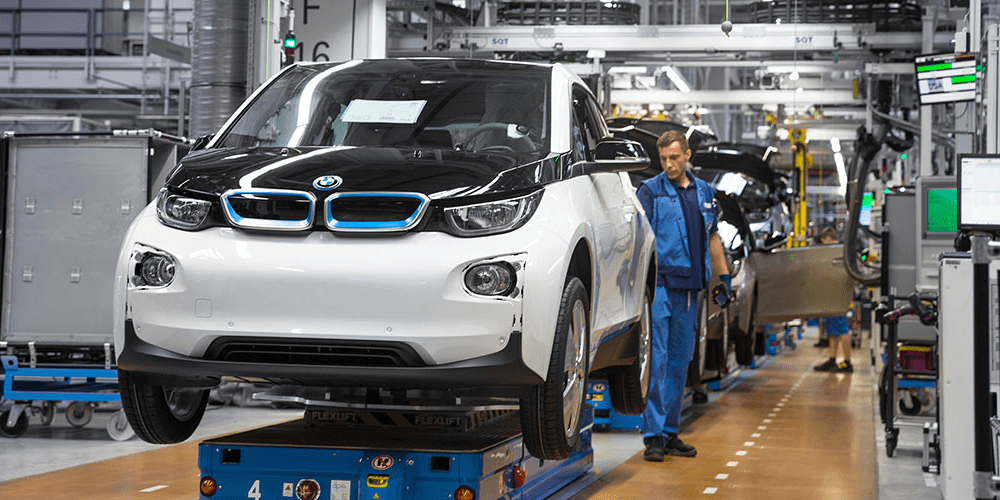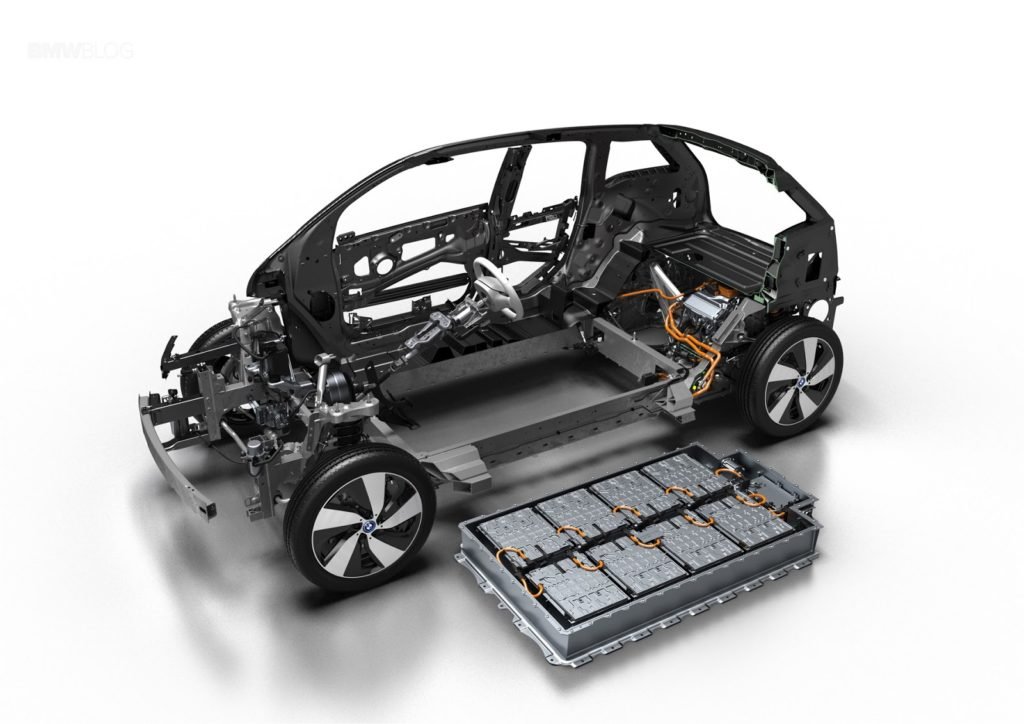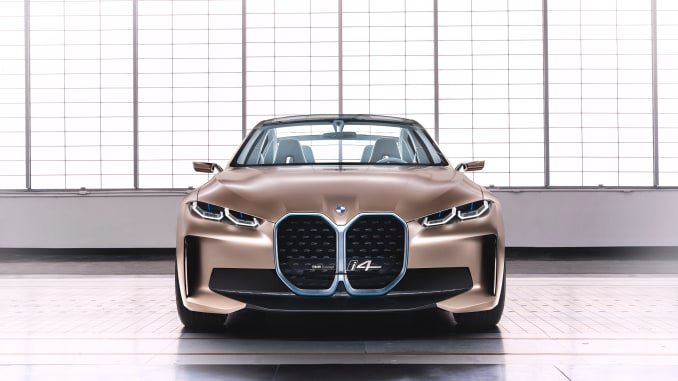BMW, like many other German car manufacturers, is hedging its bets by designing cars that can be powered by gasoline and diesel engines, hydrogen fuel cells, plug-in hybrid technology, or battery electric powertrains, but many critics say it shows a lack of commitment to the EV revolution.
Better late than never, BMW plans to have 25 electrified models on sale by the end of 2023 and half of those will be full battery electrics like the new iX3 which is being manufactured in China.
To meet the demand for batteries, BMW has signed a $2 billion contract with Northvolt, the Swedish battery manufacturer founded in 2016 whose factory is located in northern Sweden.
Northvolt is the third battery cell supplier as the company is already in partnership with CATL and Samsung SDI.
Signing this contract is another step towards meeting their growing need for battery cells in the long term. They are systematically driving electrification of their vehicle fleet.
Battery cells from Northvolt are expected to become available in 2024.
BMW is taking sustainability “to a whole new level.”. Since 40% of the emissions associated with manufacturing an electric car are attributable to making the battery, BMW insists that all its battery suppliers use nothing but renewable energy to produce their battery cells.
They are now having a contractual agreement with cell manufacturers that they will only use green power to produce their fifth-generation battery cells.
As volumes increase, the use of green power will save around ten million tons of CO2 over the next decade. For comparison, that is roughly the amount of CO2 a city of over a million inhabitants, like Munich, emits per year.
Reference- BMW Online Newsroom, Forbes, InsideEVs, Clean Technica










